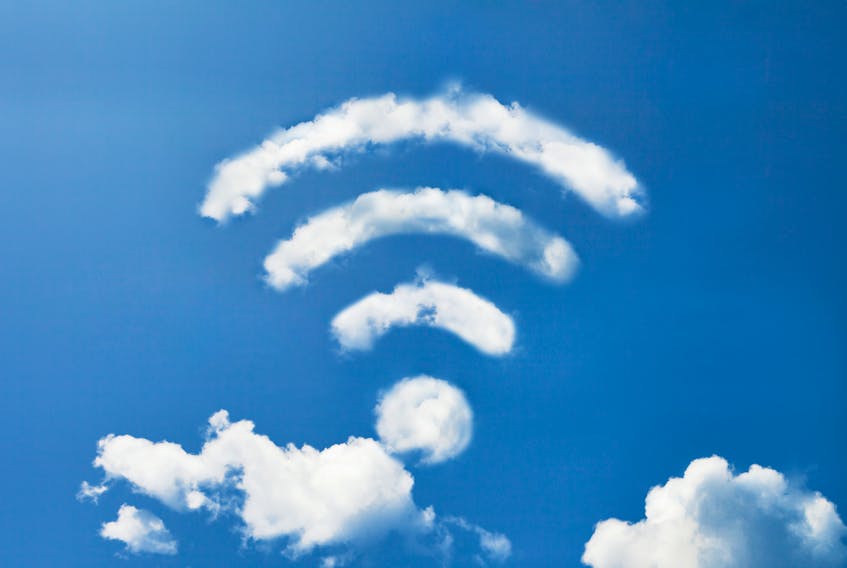As we enter our second full month with social restrictions implemented to fight the spread of COVID-19, it would be fair to say while people are adjusting to the ‘new normal’ of being mostly inside our homes, it’s getting more challenging daily.

Many of us are starting to lose patience with the situation and struggling to cope with the social isolation that is required of us, which can lead to increased anxiety and reduced coping skills. The majority of us have turned to the virtual world to maintain contact with family and friends we can no longer see in person.
Many of us are working from home, using computers and internet access to do our jobs, hold meetings and stay in contact with co-workers and clients. Our computers, smart phones and tablets have become crucial tools to help us cope with the stresses involved with this health crisis and it would be difficult to imagine getting through this without them.
If you are experiencing any stress and anxiety from the isolation of having to stay at home, consider for a moment how more intensely this might be felt by someone who is also trying to cope with a mental illness or trying to stay away from substances while in recovery from addiction.
Recovery is difficult at the best of times but adding isolation to the equation makes the process even more challenging. Many of the supports available to people have been adapting to the situation and have shifted to offering services virtually with mental health support, Narcotics Anonymous and Alcoholics Anonymous now offering groups online.
This has been a valuable service but it relies on the fact that a person wanting to access the service needs the technological equipment - like a Smart Phone - and internet access to embrace the opportunity.
While most of us have this readily at hand, many people coping with mental illness or addiction are also dealing with low income and may not be able to afford the services that we take for granted as part of daily life. When just about every penny you have is earmarked to paying rent, food and electricity, paying for a Smart Phone and a monthly charge for internet access is a luxury many cannot afford.
I know many of the people I work with are fortunate to have the phone but many of them can't afford internet and have to rely on places they can go in the community to access free Wi-Fi connections in order to access services. Because we are now all expected to stay inside, these avenues of connection have now been cut off and even if someone goes outside on the street to access Wi-Fi, it is unrealistic to expect someone to participate in a meeting while standing on the street. It would also be impossible to maintain the confidentiality necessary for such activities.
While it will take a while before we learn all of the lessons that this crisis will teach us, it is becoming increasingly obvious that technology and internet access is vital to how we are dealing with this and it has gone from being a luxury to an essential service. A major way we are coping with not being able to physically be with our loves ones is to stay in contact virtually and this should be available to everyone in our society; not just those who can afford the service.
It might sound like a radical concept, but our governments may want to consider making internet access an essential need and find ways to fund this service for everyone. It will benefit the mental health of those who need it the most and allow everyone to more fully participate in the new reality that is likely to exist once this pandemic has ended. While we may return to real socialization, virtual communication is here to stay and will likely become more prevalent into the future.
Brian Hodder works in the field of mental health and addictions. He can be reached at [email protected].









